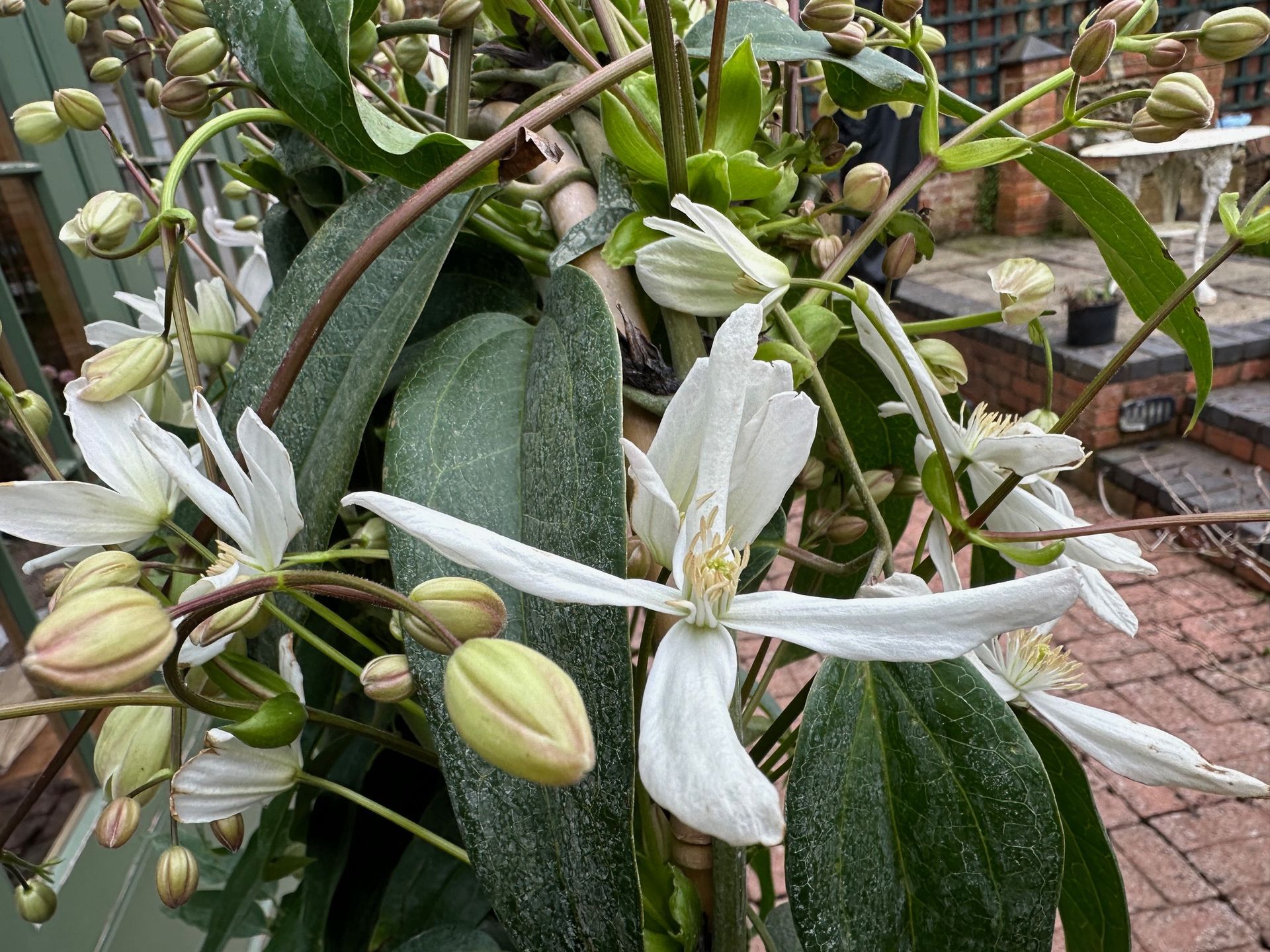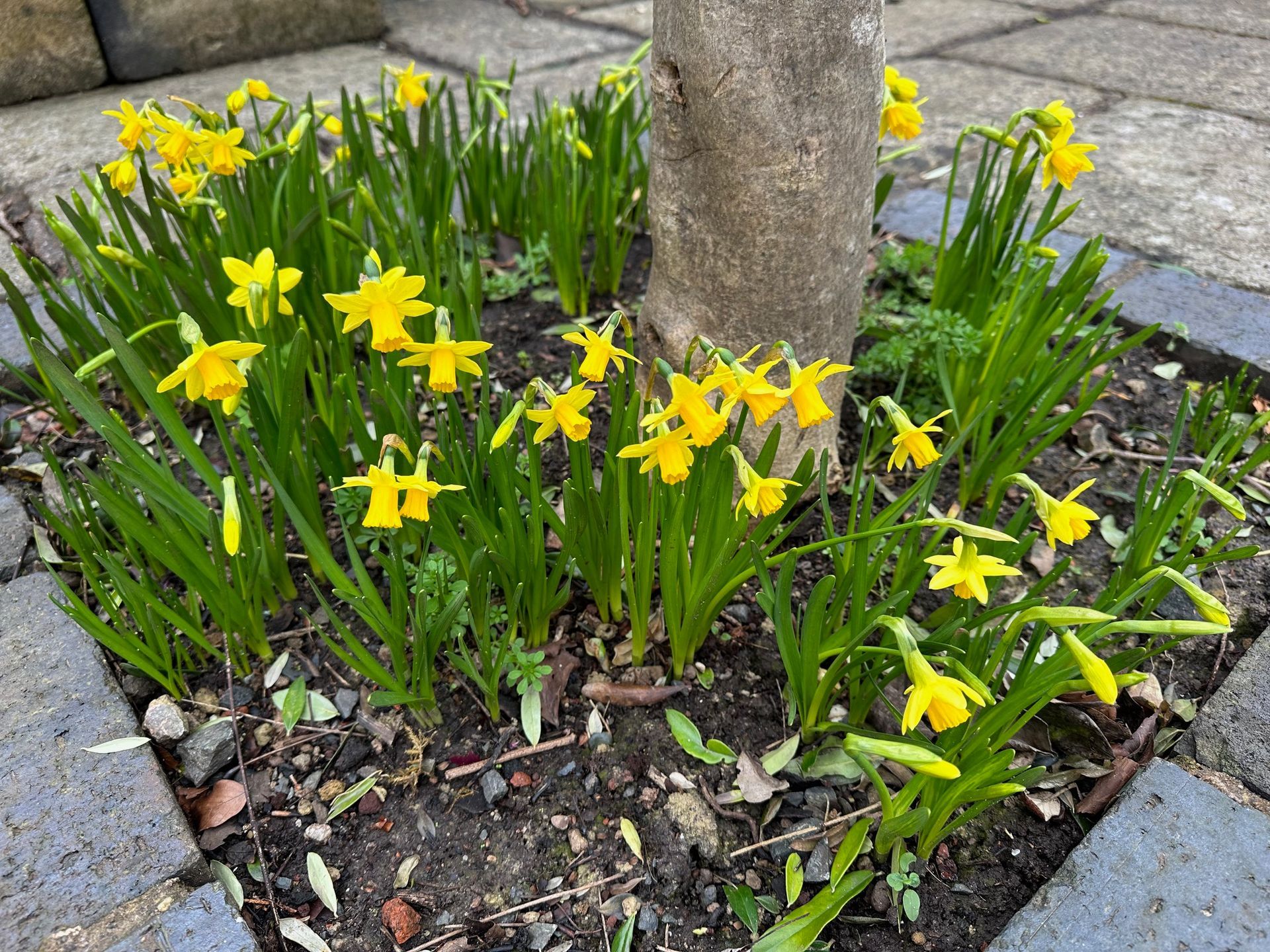Message of Abbot Paul - Tuesday - 27th February 2024
Abbot Paul • February 26, 2024
Yesterday I had the great joy of a belated birthday celebration with dear friends and thoroughly enjoyed every moment of it, the opportunity to relax, the great food and a glass or two of wine, above all their company that I enjoy and appreciate so much. Whenever I’m with them, I always think of the words of Jesus, “Wherever two or three are gathered in my name, there am I in the midst of them.”
Friendship must surely be one of God’s greatest gifts to us, his children. Jesus called his disciples friends, such a beautiful thought.
The Gospel readings in Lent present us with the teaching of Jesus on many important aspects of our Christian life and faith. Some of that teaching is developed in his conversations with his disciples, whereas other aspects are revealed in his ongoing arguments with the scribes and Pharisees and occasionally with the Saducees. The two chapters preceding today’s Gospel passage from Matthew, (Mt 23: 1-12), are full of conflict between Jesus and Jewish religious leaders. Chapter 21 begins with Jesus’ triumphal entry into Jerusalem on Palm Sunday and moves quickly to his cleansing of the Temple, a highly provocative act that sparks conflict with religious leaders. In chapter 22, Jesus gives the Parable of the Wedding Banquet, warning that “many are called, but few chosen”. The Pharisees and Sadducees then try three times to entrap Jesus, but he easily slips away from the traps they set him. And so we come to today’s reading, which deals with the hypocrisy of these religious leaders.
“Addressing the people and his disciples Jesus said, ‘The scribes and the Pharisees occupy the chair of Moses. You must therefore do what they tell you and listen to what they say; but do not be guided by what they do: since they do not practise what they preach. They tie up heavy burdens and lay them on men’s shoulders, but will they lift a finger to move them? Not they! Everything they do is done to attract attention, like wearing broader phylacteries and longer tassels, like wanting to take the place of honour at banquets and the front seats in the synagogues, being greeted obsequiously in the market squares and having people call them Rabbi.” Jesus is still in the Temple and it is here that he addresses the crowd gathered there as well as his disciples. What he has to say hardly needs commentary: it is plain for all to understand. Sitting on Moses’ chair means teaching by Moses’ authority, the highest authority available to a teacher of the law. In spite of their personal failings, the scribes and Pharisees are stewards over a great spiritual treasure, and Jesus wants his disciples to avail themselves of that treasure. As he says in the Sermon on the Mount, (Mt 5: 17), “Do not think that I came to destroy the law or the prophets. I did not come to destroy, but to fulfil.” In contrast with the scribes and Pharisees, who impose a burdensome interpretation of the law on ordinary folk, Jesus will offer a burden that is light to carry, for he is prepared to carry it with us.
Addressing his disciples, he warns them not to become like these false teachers of the law: they are not to become preoccupied with titles and personal honour. Just as at the Last Supper, he will tell them that he stands among them as one who serves and they must do likewise, so now, “You must not allow yourselves to be called Rabbi, since you have only one master, and you are all brothers. You must call no one on earth your father, since you have only one Father, and he is in heaven. Nor must you allow yourselves to be called teachers, for you have only one Teacher, the Christ. The greatest among you must be your servant. Anyone who exalts himself will be humbled, and anyone who humbles himself will be exalted.” We think of Pope Francis’ encyclical Fratelli tutti, you are all brothers and sisters. We are all brothers and sisters because God is our Father. Humility is a fundamental virtue among Christians, following the example of Jesus. The kingdom of God is an upside-down world, like a mirror in which everything is reversed, a kingdom where the rules are the opposite to the world’s rules. Jesus calls us to begin living by the law of the Kingdom here and now. We might not be perfect in humility yet, but we can make a start. That is the whole point about Lent for us today: it’s making a start. Jesus assures us that he is with us to help us.















